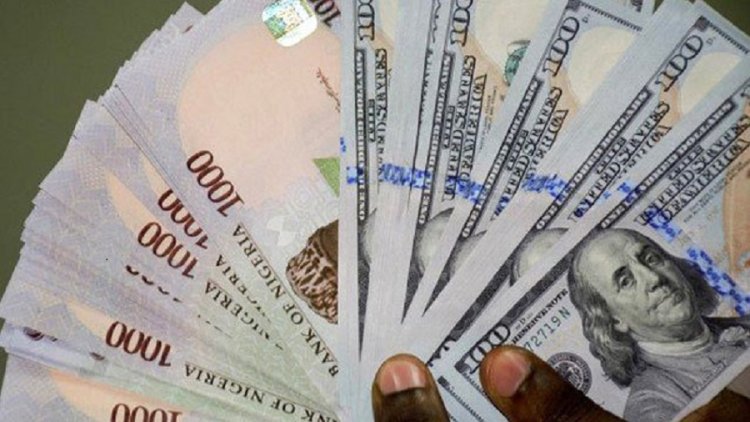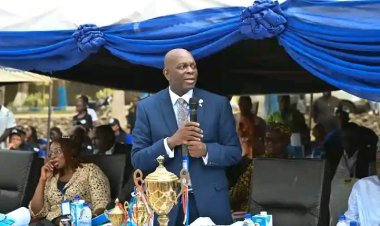Nigerian Students Abroad Struggle Amid Naira Free Fall
The rising exchange rates of the naira to dollar and naira to pounds have taken a toll on potential students planning to pursue education abroad, as well as on their guardians who bear the responsibility of funding their education.

In response to the sharp decline in the value of the naira against foreign currencies, Nigerian students studying abroad and their parents are facing significant financial challenges. Since the removal of the rate cap in June 2023, the naira has experienced a drastic devaluation, particularly against the dollar and pound. This depreciation has led to a surge in tuition fees, visa expenses, and other associated costs of studying abroad, placing a heavy burden on students and their families.

The rising exchange rates of the naira to dollar and naira to pounds have taken a toll on potential students planning to pursue education abroad, as well as on their guardians who bear the responsibility of funding their education. The fluctuating exchange rates have made it difficult for families to plan and budget for educational expenses, with the cost of living increasing drastically.
Numerous Nigerian students abroad have voiced their frustrations over the adverse effects of the falling naira on their education and livelihood. Many students have been forced to reconsider their education abroad or drop out of school altogether due to financial constraints. The uncertainty surrounding the exchange rates has left students uncertain about their ability to afford tuition fees and other essential expenses.
Parents, too, are feeling the impact of the naira's depreciation, as they struggle to provide financial support for their children studying abroad. Some parents lament the mental and financial strain of paying for their children's education, expressing concerns about the increasing cost of living and the dwindling standard of living in Nigeria.
RECOMMENDED FOR YOU:Outstanding Girl at 2018 National Maths Competition Becomes Civil Engineer
The economic hardship caused by the naira's free fall has pushed some individuals to extreme measures, such as selling properties or seeking alternative means of funding education abroad. Travel agents and consultants have observed a growing trend of Nigerians attempting to leave the country in search of better economic opportunities, further exacerbating the strain on the economy.
Despite the challenges posed by the falling naira, there remains a strong demand for international travel and education among Nigerians. The resilience of individuals in the face of economic adversity is evident, as many continue to pursue their educational and career aspirations despite the financial hurdles they encounter.





